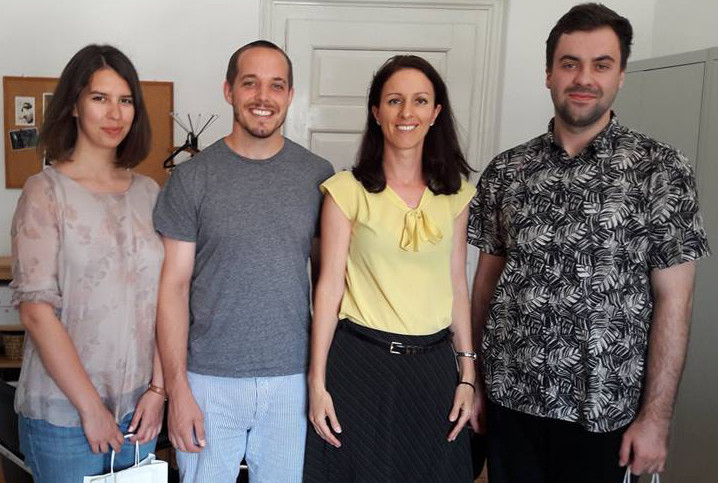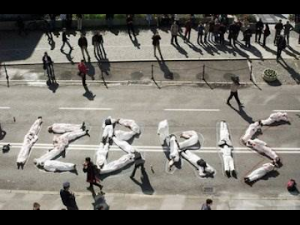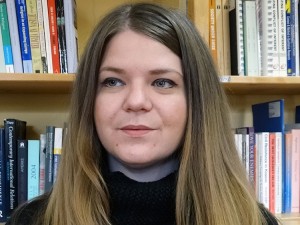Poletni pripravniki Mirovnega inštituta o Izbrisanih
29. 8. 2017 | Človekove pravice in manjšine, Politika

Poleti 2017 so na Mirovnem inštitutu izvajali pripravništvo trije (podiplomski) študenti_ke iz Zdurženih držav Amerike, Združenega Kraljestva in Bosne in Hercegovine. Na inštitutu so pridobili izkušnje raziskovanja na področju človekovih pravic, med ostalim so se spoznali s problematiko Izbrisanih. Na to temo so ob koncu pripravništva napisali kratke bloge, ki jih predstavljamo v nadaljevanju v angleškem jeziku. Barry Frett: »My first research project at the Peace Institute was on police custody practices in Slovenia, and it was eye opening. I detected problems with Slovenian police practices, but these problems paled in comparison to the systematic abuses that are rampant back home. On a superficial level, Slovenia appeared to be a society with minor issues, to be sure, but an overall harmonious place when compared to the United States. Thus, I was surprised when I began to research erasure—an occurrence that many scholars refer to as one of the worst human rights abuses in contemporary Europe.« – Barry Frett, J.D. Candidate (law student), The University of Chicago Law School Class of 2019 »I have found that there is a lack of accessible information on the individuals responsible for the erasure. While compensation to the Erased people is a remedial measure that holds priority over the symbolic significance of ‘naming and shaming’, the latter is crucial in combating impunity. The lack of consequences for brutally discounting the inviolability of thousands of lives sets a horrendous precedent for future violations.« – Zhanna Ivanova, MA student, University of York, Centre for Applied Human Rights Kenan Kadušić: »Besides the often – limited recognition and protection in existing law and policies, the Erased continue to experience difficult situations in the society and everyday life. Subsequently, human rights represent an essential component of people’s existence and they are also crucial factors in the history of a country’s minority/vulnerable groups treatment. Thus, the final staircase which await to be climbed by both, Slovenian authorities and society as well as the rest of the world, represent the steps which would lead to the promotion of a positive image of the Erased, recognition of their violated rights and ultimately assurance that the need for compensation is understood and respected.« – Kenan Kadušić, MA student, European Regional Master’s Programme in Democracy and Human Rights in South East Europe (ERMA)



